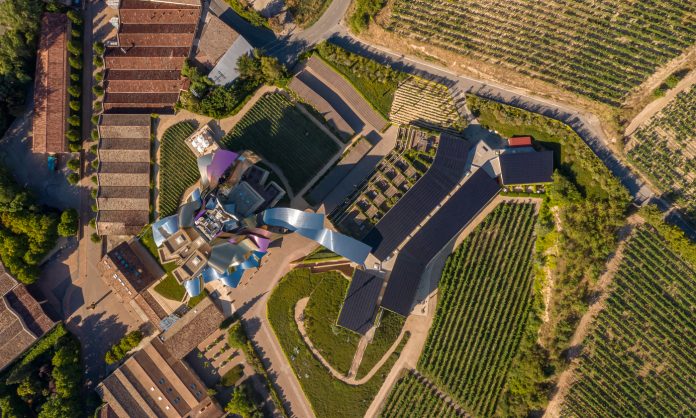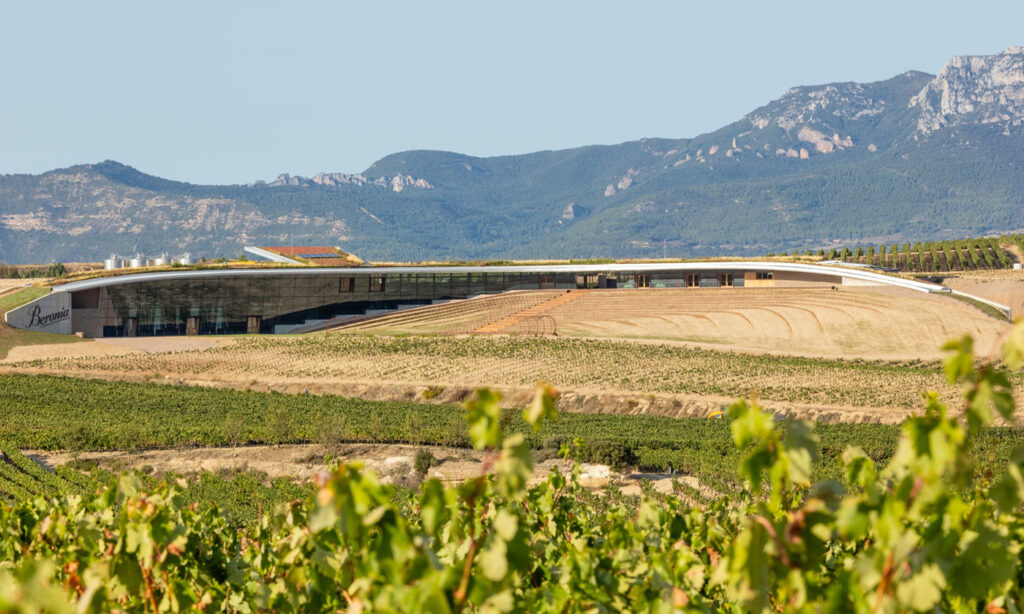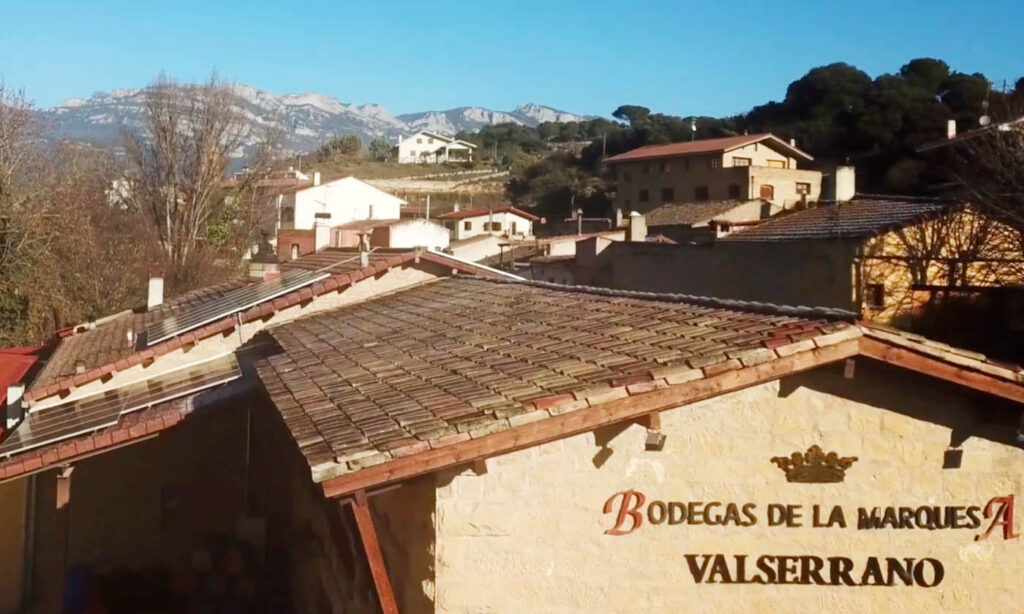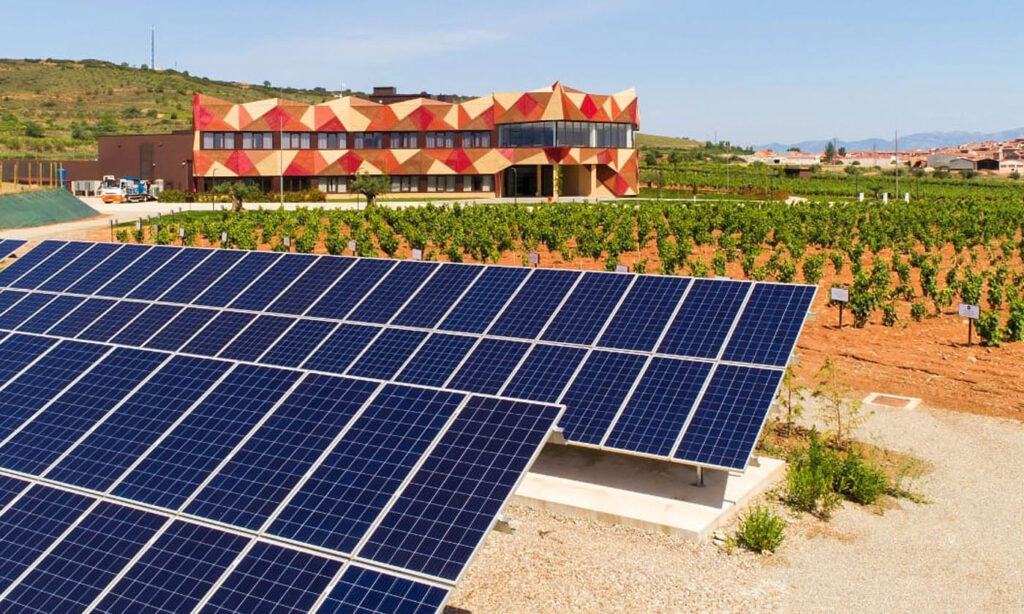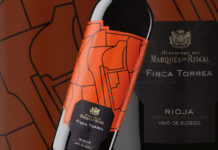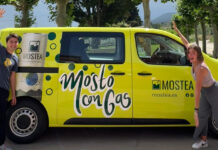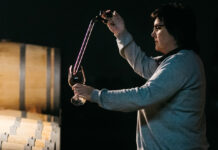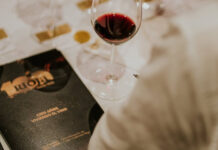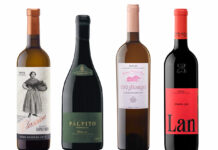El concepto conlleva la incorporación de medidas para reducir los gases de efecto invernadero, para ahorrar agua y energía, así como prácticas económicas y sociales sostenibles.
La sostenibilidad se ha convertido en los últimos años en un poderoso impulsor de consumo en todos los sectores, incluido el vinícola. Así, según datos recopilados por Wine Intelligence para IWSR Covid Tracker 2021, los consumidores se ven influenciados por bebidas que ofrecen garantías de sostenibilidad.
La historia de la sostenibilidad y el vino se remonta más atrás que la mayoría de las industrias. La notable incidencia del clima sobre el sector vitivinícola lo convierten en un agente propulsor de soluciones innovadoras. Así, el sector lleva años trabajando por restaurar esos ecosistemas a través de la prevención, innovación y apuesta por la sostenibilidad en todas sus vertientes, ya sea económica, sociocultural o medioambiental, son importantes para el sector.
Los vinos orgánicos tienen ya un largo recorrido y más recientemente han sido testigos de una evolución en sostenibilidad con, por ejemplo, los vinos biodinámicos y los vinos naturales, que llevan más allá el concepto. La sostenibilidad incluye también medidas para reducir los gases de efecto invernadero, para ahorrar agua y energía así como prácticas económicas y sociales sostenibles.
Estos son 10 ejemplos de sostenibilidad en bodegas de Rioja.
Marqués de Riscal
En julio del 2020 el Hotel Marqués de Riscal amplió sus instalaciones sumando 18 habitaciones nuevas a las 43 ya existentes e instalando un sistema de autoconsumo solar fotovoltaico en el complejo de Bodega y Hotel de Marqués de Riscal en Elciego. La iniciativa forma parte de su estrategia sostenible y eficiente en términos energéticos, después de conseguir la certificación ecológica de todos sus viñedos en Rueda.
La primera fase de este sistema consistió en la instalación de 312,3 kWp, distribuidos en un total de 961 paneles solares fotovoltaicos. La energía generada por la instalación se destina de forma íntegra a su hotel y permite ahorros del 30% de su consumo eléctrico y evitará la emisión a la atmósfera de más de 127 t C02/año o hasta 3.200 t C02 durante los 25 años de operación de la instalación.
Bodegas Beronia
Beronia se ha convertido en la primera bodega del mundo en lograr la certificación de edificación sostenible LEED V4 BD+C:NC (Liderazgo en Eficiencia Energética y Diseño Sostenible) y LEED Gold. Otorgada por el ‘US Green Building Council’, reconoce y distingue aquellos edificios que cuentan con una construcción sostenible y con bajo impacto medioambiental.
Su diseño medioambiental, el revolucionario sistema de aprovechamiento de la energía geotérmica para climatizar las instalaciones y lograr un menor consumo energético, unido a las innovaciones tecnológicas que atesora, la convierten en una de las bodegas más eficientes y sostenibles del mundo. Además, gracias a su diseño y funcionamiento se asegura la calidad ambiental interior para sus ocupantes y visitantes con relación al confort térmico, lumínico y la calidad del aire con sistemas inteligentes de detección de CO2, así como con el uso de productos y materiales saludables y responsables ambientalmente.
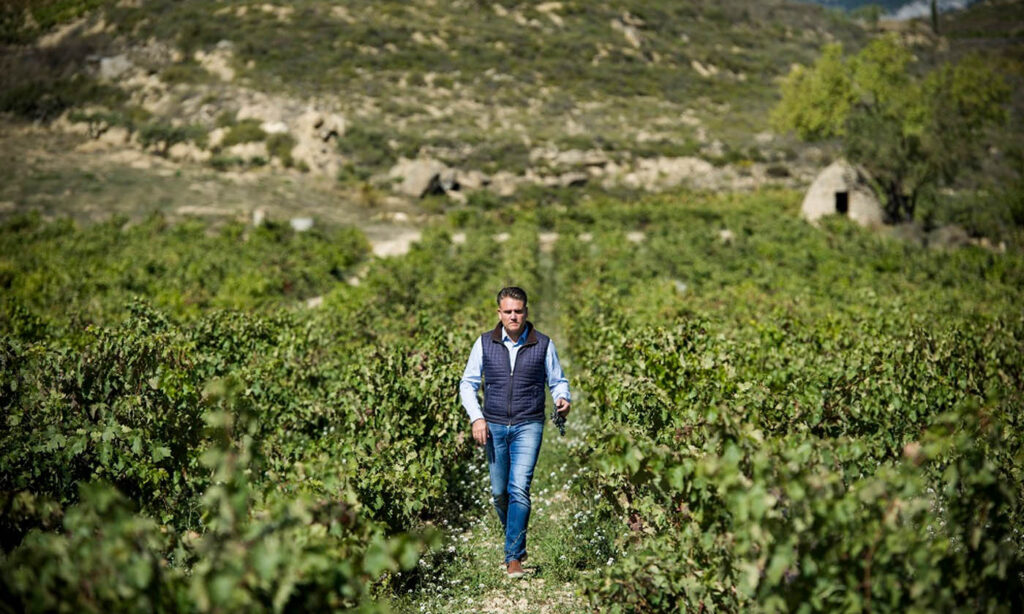
Bodegas Izadi
Izadi, que significa naturaleza en castellano, haciendo honor a su nombre, ha trabajado durante los últimos años para implementar medidas de sostenibilidad que cuidan del entorno en el que se ubica. Todo este trabajo tiene ahora su recompensa con la obtención del certificado Wineries for Climate Protection, el programa más importante impulsado por la Federación Española del Vino (FEV) y con amplio reconocimiento internacional. Esta certificación reconoce a aquellas bodegas comprometidas con la sostenibilidad y la ecología.
Para Lalo Antón, gerente de Izadi, este certificado significa “un paso más en nuestro compromiso por un futuro mejor, por respetar lo que tenemos entre manos y que las generaciones futuras reciban un gran legado”.
Bodegas Izadi ha apostado en los últimos años por reducir la huella de carbono al minimizar las emisiones de gases efecto invernadero (GEI), mejorar la gestión del agua, y reducir los residuos. Del mismo modo, se ha esforzado en optimizar los recursos energéticos, así como en practicar una viticultura ecológica en algunos de sus viñedos.
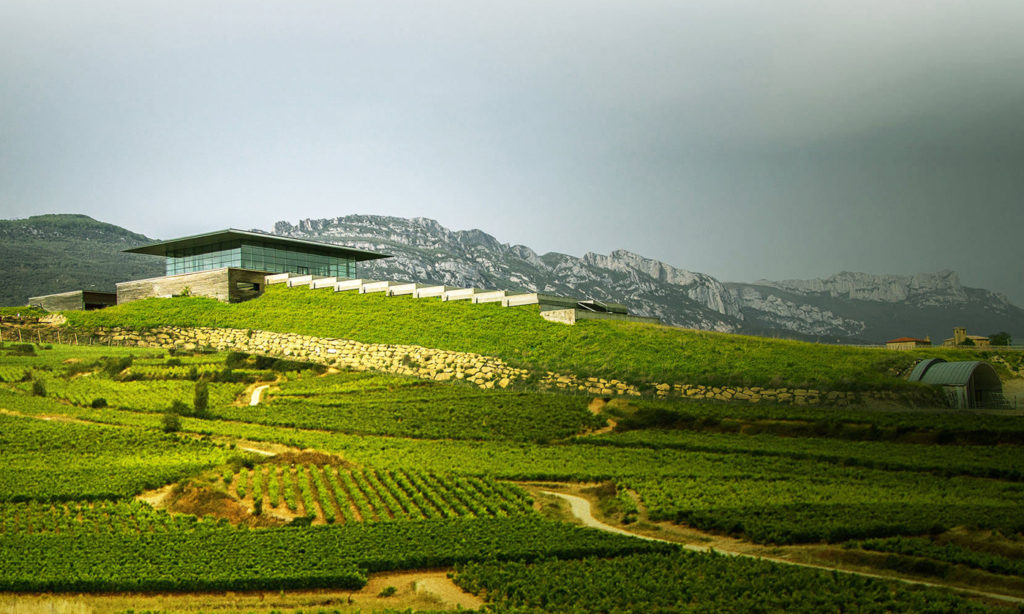
Bodegas Baigorri
Bodegas Baigorri participa en el proyecto Newfeed, una iniciativa que busca aprovechar los desperdicios del raspón de la uva a través de la industria alimentaria de bovino y vacuno. El objetivo de este proyecto es promover la economía circular para reducir el impacto ambiental y los costes en la producción agraria. Newfeed busca demostrar la viabilidad técnica y económica de recursos económicos alternativos a partir de subproductos mejorados de la industria alimentaria. En este caso, será el raspón de la uva el que se convierta y aproveche como alimentación animal.
Este proyecto forma parte de la apuesta de la bodega de Samaniego por un proyecto sostenible desarrollado en los últimos años y que complementa la reciente implantación de placas solares fotovoltáicas en bodega, de forma que se integra la tecnología más moderna con el menor impacto ambiental. Además, gracias a la iluminación led consiguen ahorrar un 40% de energía, utilizan etiquetas y cápsulas ecológicas, procedimientos para reducir el consumo de agua y productos naturales para aplicar y controlar enfermedades causadas por fitopatógenos.
Bodegas de la Marquesa
El compromiso por la sostenibilidad de Bodegas de la Marquesa y por intentar obtener la mayor eficiencia energética posible, les ha llevado también a la instalación de paneles fotovoltáicos para generar su propia energía y ahorrar tanto en consumo como en emisión de CO2.
Además, la bodega recibió en 2021 la acreditación de como miembro del Código Ético del Turismo de Euskadi por incorporar las responsabilidades sociales y la sostenibilidad medioambiental y económica al enoturismo. Los principios de este código ético son, entre otros, la sostenibilidad, el respeto, la diversidad, preservar el patrimonio y cultura .
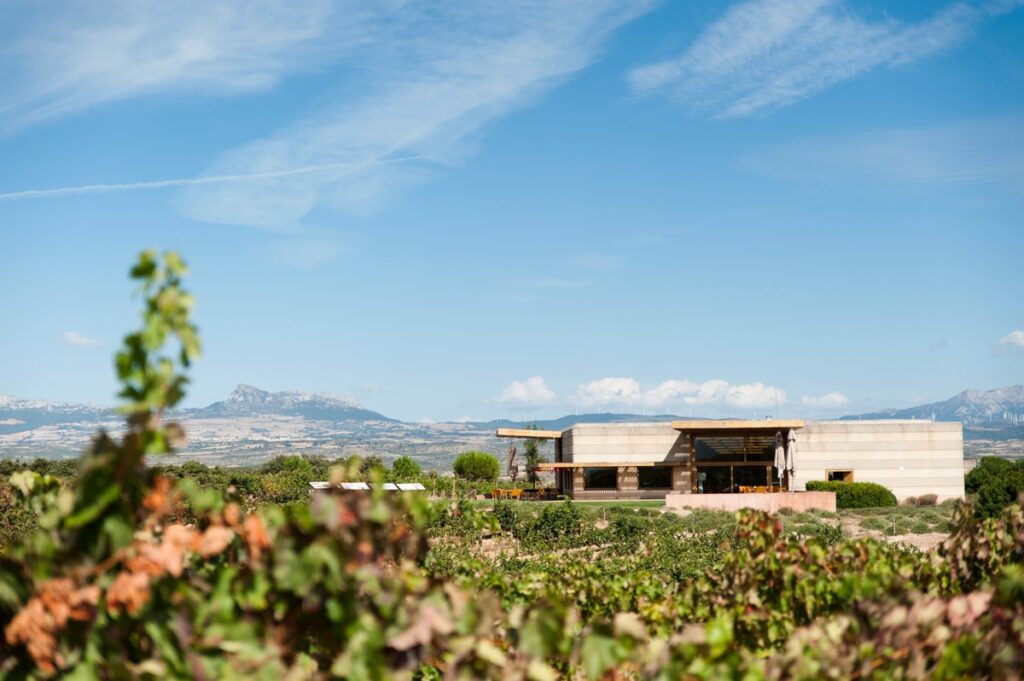
Bodegas Bilbainas, Bodegas Campo Viejo y el Proyecto SIGIS
En su objetivo de mejorar las prácticas sostenibles en el sector vitivinícola, Grupo Rioja participa, a través de Bodegas Bilbainas y Bodegas Campo Viejo, en un nuevo proyecto de investigación para desarrollar un sistema de gestión inteligente de confusión sexual para Lobesia botrana en viñedos (SIGIS).
El Proyecto SIGIS aprovechará los avances de IoT (internet of things) y de inteligencia artificial (IA), para desarrollar un nuevo sistema inteligente para el control de L. botrana adaptado a las características de La Rioja, que permitirá maximizar su eficacia y contribuir a su prevención en un escenario de cambio climático.
El sistema se basa en la actuación combinada de trampas electrónicas, aparatos aerosoles conectados a internet y estaciones meteorológicas. Las trampas detectarán la presencia de los insectos adultos en campo en tiempo real, delineando la curva de vuelo de cada zona de forma automática y enviando esta información a la nube. Al mismo tiempo, las estaciones meteorológicas y las trampas electrónicas recopilarán información de temperatura y humedad de las zonas de estudio. Esta información se analizará por medio de IA para determinar los patrones de desarrollo de la plaga y determinar un modelo de desarrollo de la misma basado en las capturas de las trampas.
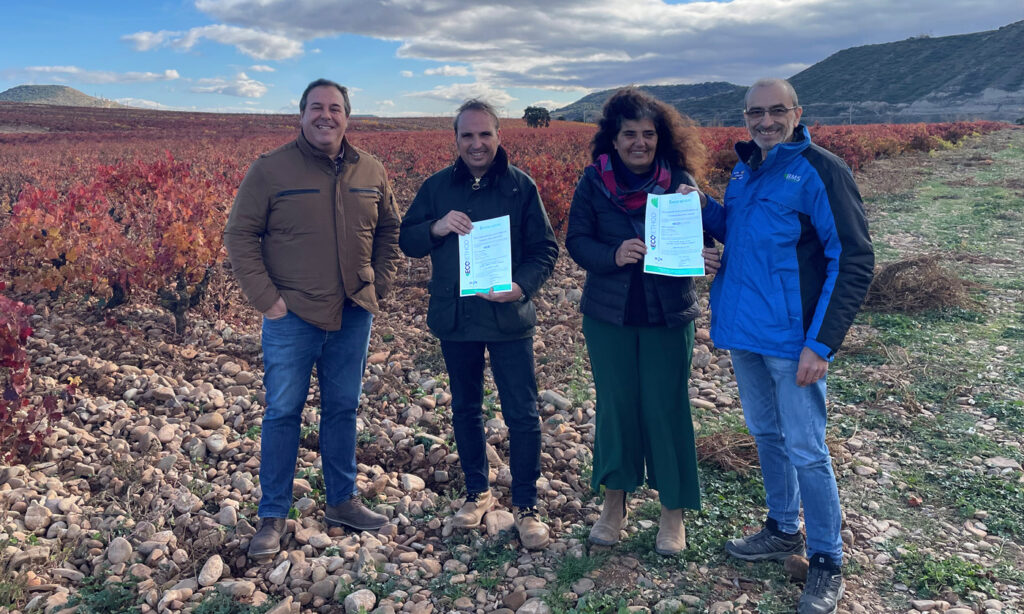
de los certificados ECOMETHOD.
Viña del Lentisco – Vinos Villota
Viña del Lentisco – Vinos Villota se ha convertido en la primera bodega de RiSiSOsoja en obtener la certificación ECOMETHOD por su reducción de las emisiones de CO2 en la producción agrícola. ECOMETHOD ofrece una herramienta a las empresas agrícolas para incrementar sus beneficios, gracias a las mejores técnicas nutricionales y al mismo tiempo les ayuda a diferenciarse en el mercado gracias a la certificación de reducción en emisiones de CO2. Es una técnica nutricional que permite sustituir, o bien reducir parcialmente los fertilizantes aplicados de forma tradicional en los cultivos a favor de programas específicos de nutrición foliar, reduciendo de una forma significativa la huella de carbono -emisiones de CO2 a la atmósfera- (hasta en un 90%), respetando el medio ambiente y manteniendo la cantidad y calidad de las cosechas.

Bodegas Riojanas
Bodegas Riojanas y Laboratorios Excell Ibérica colaboran para alcanzar un modelo de producción más sostenible y eficiente. Estas dos empresas abordan un nuevo proyecto de I+D+i relacionado con la optimización de los recursos y la digitalización de la energía. Entre los objetivos fundamentales se encuentran la minimización del consumo de agua y energía y la reducción del empleo de dióxido de azufre. Sostevin premiará además a los viticultores que sean más respetuosos con el medio ambiente.
El proyecto de innovación y colaboración entre Laboratorios Excell Ibérica y Bodegas Riojanas estudiará la aplicación del ecodiseño en los puntos críticos de control del ciclo productivo del vino, utilizando el conocimiento adquirido en proyectos anteriores. Analizará los puntos críticos donde existe mayor gasto de agua y energía a lo largo del ciclo productivo del vino e incluirá estudios de medición ambiental, así como un proceso de digitalización de la energía. Todo ello garantizando la calidad microbiológica de los vinos.
Con esta nueva iniciativa, la centenaria bodega riojana avanza en la consecución de los Objetivos de Desarrollo Sostenible 2030, iniciados con acciones previas, como el ‘Proyecto Paraje’, la implementación de energía fotovoltaica y otros como el desarrollado para mejorar la calidad de los vinos mediante técnicas ‘Next Generation’.
Grupo Piérola
La Bodega- Hotel FyA, de Navarrete, apuesta por las energías renovables como el resto de bodegas de Grupo Piérola. En este sentido, el proyecto sigue la línea iniciada en Bodegas Piérola en Moreda, con la instalación del primer molino eólico en régimen de autoconsumo que se realiza en España y que permite producir toda la energía que consume la bodega.
La Bodega-Hotel FyA que apuesta decididamente por un nuevo modelo de bodega y hotel que aúna la elaboración de vinos de gran calidad, comprometidos con la tierra sobre la que se asienta, con el enoturismo, la cultura y la sostenibilidad. La instalación de un huerto solar abastece de la mayor parte de la energía que necesita la bodega.
Suscríbete gratis a nuestro boletín.¡Pincha aquí!



